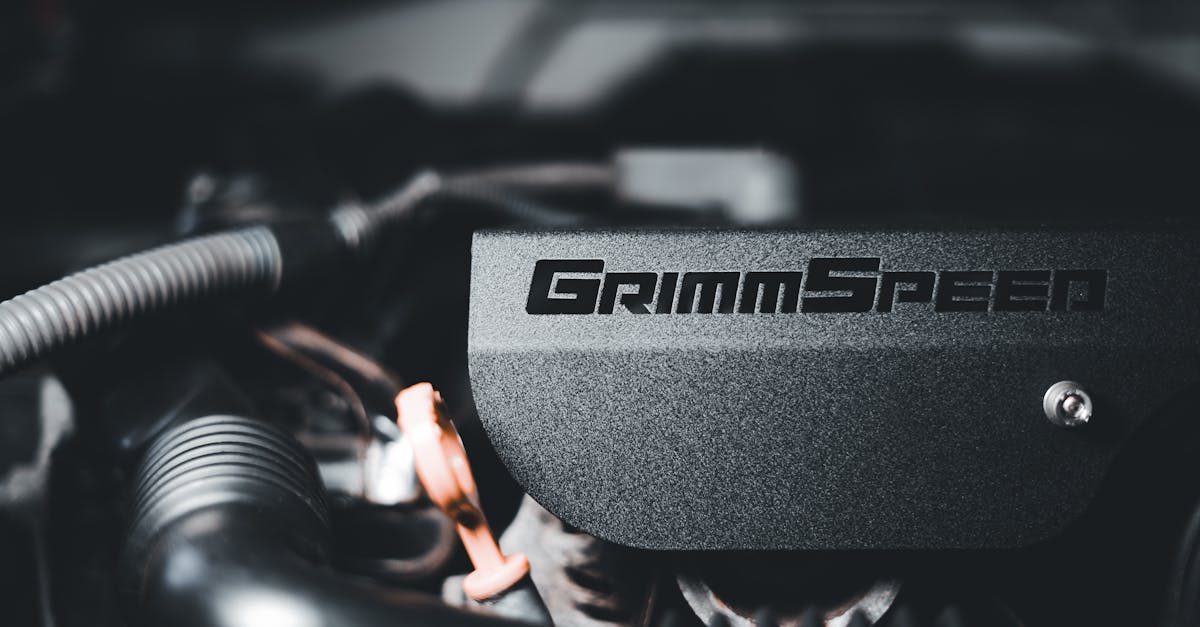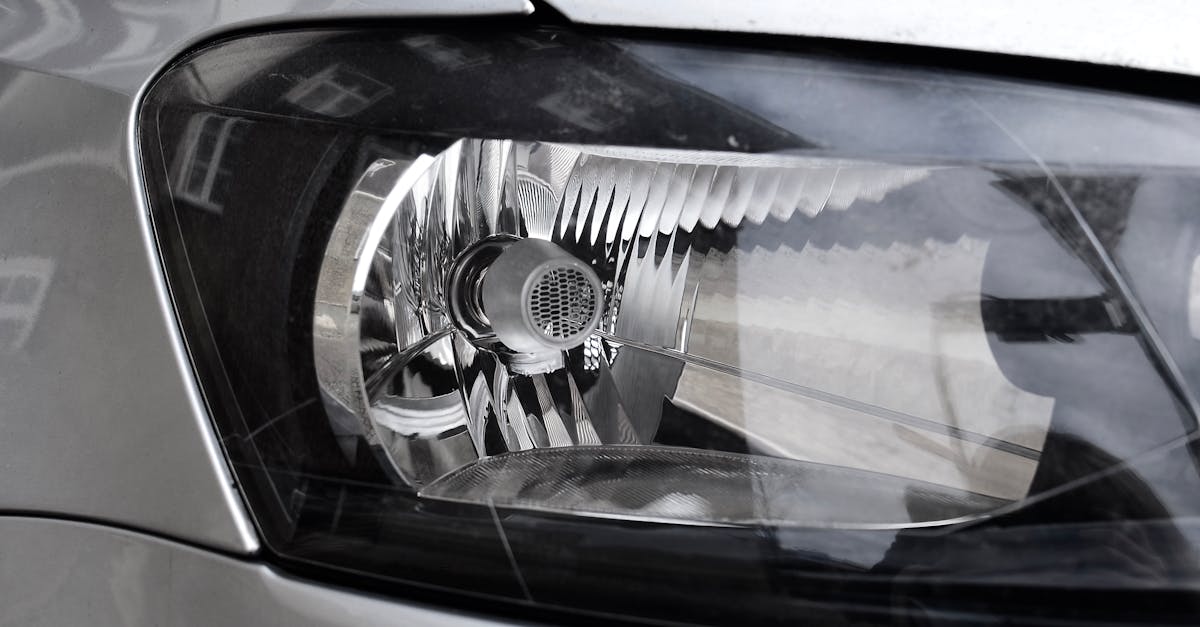Guide to Customizing Car Interiors
Introduction
Car enthusiasts often dream of a vehicle that reflects their unique style, and customizing the interior is one way to achieve that. Customizing car interiors can transform your vehicle from the mundane to the extraordinary, providing comfort and a personal touch. Whether you're seeking luxury or practicality, understanding the options in customizing car interiors is key to a satisfying project.
Advertisement
Assessing Your Needs
Before diving into customization, reflect on what you want to achieve. Are you looking to upgrade for aesthetic purposes or comfort? Decide if you need functional changes like additional storage or tech upgrades. Having a clear picture of your needs helps in selecting appropriate materials and designs, ensuring a cohesive end result.
Advertisement
Choosing the Right Materials
Materials play a vital role in the look and feel of your car's interior. Leather, suede, and fabric are popular choices, each offering distinct benefits. Leather is durable and adds a touch of luxury, while fabric offers a variety of colors and patterns. Make sure to choose materials that suit your lifestyle and maintenance preferences.
Advertisement
Exploring Design Options
The design process is where creativity truly shines. From classic to modern styles, there are endless possibilities. Consider the color scheme that complements your vehicle's exterior. Patterns or stitching can also add unique flair to seats and armrests. Don’t forget to incorporate elements like ambient lighting for a welcome glow during nighttime drives.
Advertisement
Focusing on Comfort
Comfort should be paramount when customizing your car's interior. Upgrading the upholstery or adding padding can enhance passenger comfort, especially during long journeys. Ergonomic seat designs can reduce fatigue, while memory foam helps maintain shape over time. Plus, investing in soundproofing can reduce road noise, ensuring a serene cabin environment.
Advertisement
Installing New Technology
Include the latest technological advancements to elevate your driving experience. From state-of-the-art sound systems to innovative navigation tools, the options are endless. Adding touchscreens or wireless charging pads modernizes the cabin and brings convenience to everyday commutes. Ensure any installations are compatible with your vehicle's electrical system.
Advertisement
DIY vs Professional Services
Customize car interiors either by yourself or hire professionals. DIY projects can be rewarding and budget-friendly if you have the skills and tools. On the other hand, professionals offer expertise and a flawless finish. Evaluate your confidence in handling materials and tools effectively before choosing the approach that's right for you.
Advertisement
Budget Considerations
Customization varies greatly in cost depending on the complexity and materials chosen. Setting a budget at the outset prevents overspending. Researching prices for material and labor in advance can assist in allocating resources wisely. Remember, incremental upgrades might be more feasible if the budget is constrained.
Advertisement
Legal and Safety Standards
Before making any modifications, be aware of legal and safety standards in your area. Ensure that all customizations comply with regulations, especially safety features like seat belts and airbags. Non-compliance could lead to fines or impact insurance liability. Consulting with professionals can help avoid legal pitfalls.
Advertisement
Conclusion
Customizing car interiors allows for expression and functional upgrades, enhancing both appearance and performance. With careful planning and execution, you can enjoy a unique, personalized space as you drive. Evaluate options, materials, and techniques diligently, and your vehicle can become a stylish extension of yourself.
Advertisement


